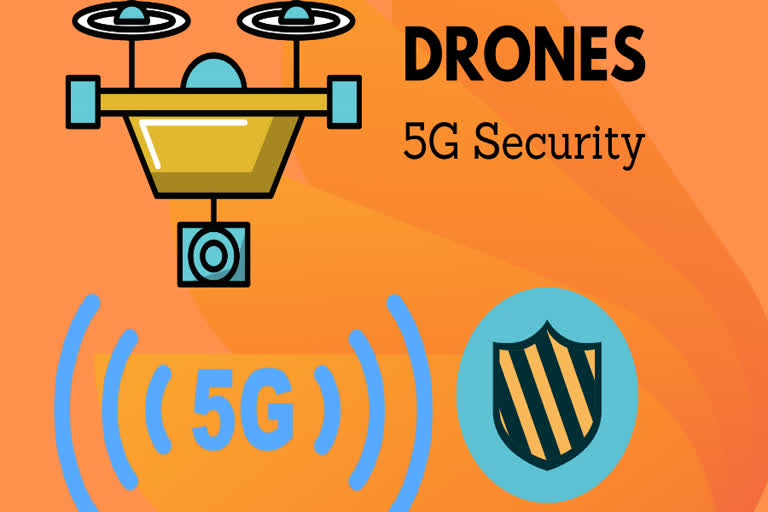Barcelona, Spain -- The introduction of the fifth-generation mobile network, or 5G, will change the way we communicate, multiply the capacity of the information highways, and allow everyday objects to connect to each other in real-time. Its deployment constitutes a true technological revolution not without some security hazards. Until 5G technology has definitively expanded, some challenges remain to be resolved, including those concerning possible eavesdropping, interference and identity theft.
Unmanned Aerial Vehicles (UAV), also known as drones, are emerging as enablers for supporting many applications and services, such as precision agriculture, search and rescue, or in the field of communications, for temporary network deployment and their coverage extension and security.
Giovanni Geraci, a researcher with the Department of Information and Communication Technologies (DTIC) at UPF, points out in a recent study: "On the one hand, it is important to protect the network when it is disturbed by a drone that has connected and generates interference. On the other, in the future, the same drones could assist in the prevention, detection, and recovery of attacks on 5G networks". The paper was published in August in the journal IEEE Wireless Communicationstogether with Aly Sabri Abdalla, Keith Powell, and Vuk Marojevic, researchers from the Department of Electronic Engineering and Computer Science at the University of the State of Mississippi (USA).
